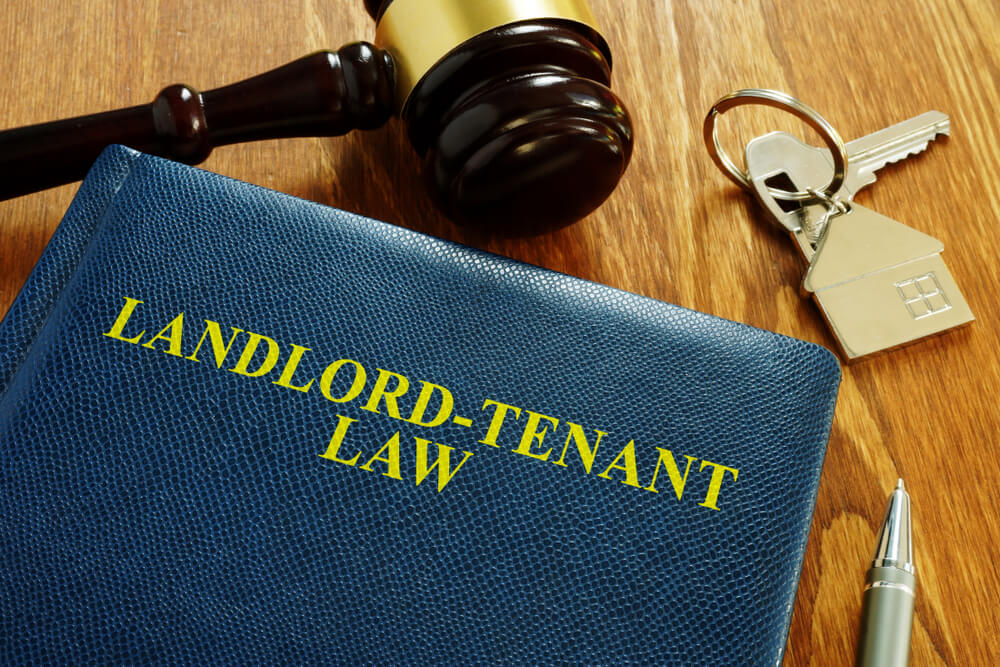
During the last eighteen months, many landlords have seen their retinal income collapse because of the Government’s Covid-19 rules on cessation of CRAR and Forfeiture of commercial properties. We are having daily conversations with clients, old and new who are asking a very simple question, “What can I do to get my rent?”.
The short answer is to take out a money claim to be able to enforce through the courts. But lets look at this. There are good tenants as well as bad. The good tenants who have been hit by covid will work with the Landlord, to be able to continue to trade whilst attempting to clear their rent arrears.
It is the bad ones that make the situation worse for the others. We personally know of two major high street brands that as soon as the emergency rules came in, stopped paying rent, even though they traded through out then pandemic.
We have major retailers not paying the rent, in some cases taking advantage of landlords who may own one shop as a future pension plan, yet they have had no rent for a minimum of eighteen months. Companies who have a large portfolio not getting any return on their investments.
We know that the Government has extended the moratorium on Commercial Rent Recovery until March 2022. We have also heard that even when it is lifted, it will be a sort of reset. Where, we cannot enforce any rent that accrued during covid, and only allowed to enforce on new arrears.
On 19 June 2020, the government published a code of practice for landlords and tenants of commercial property across the UK. The code is a voluntary one. However, has been endorsed by a number of organisations including the Enforcement Sector. The main principle of the code is “transparency and collaboration”, the government’s aim is to encourage landlords and tenants to act “reasonably and responsibly” working toward a sensible recovery plan
The code officially applied until 24th of June 2021, However, the government announced on 16th of June that it intends to introduce legislation to ring-fence arrears for periods where the tenant has had to remain closed during Covid-19.
Landlords and tenants will continue to be encouraged to reach an agreement in respect of Covid-19 arrears, but a new legally binding arbitration process will be introduced for cases where an agreement cannot be reached. Will this include enforcement, we are yet to see, but watch this space. It does seem the new measures will only apply to arrears incurred by tenants forced to close during the pandemic. The government’s intention remains that tenants who can afford to pay should do so.
BUT WHAT OF THOSE WHO CAN AFFORD TO PAY BUT WON’T
Well as we first stated that you could always go for a money judgement through the County Court, then transfer to the High Court and enforcement by High Court Officers. Whilst this may encourage your tenant to pay what is owed, they may attempt to set up a lower-than-expected repayment plan claiming covid etc. Obviously, it is much better to have a tenant paying something rather than an empty premise, and providing that they maintain the normal monthly repayments along with some off, of the arears that hopefully everyone will be happy.
Download our FREE CRAR fact sheet for Landlords
Forfeitures
Again, we have stated that all forfeitures are stopped under the covid rules, yet we see that the Welsh assembly has stated that on the 30th September 2021:
“For the purposes of section 82 (business tenancies in England and Wales: protection from forfeiture etc.) of the Coronavirus Act 2020, the “relevant period”, as defined in subsection (12) of that section ends, in relation to Wales, with 30 September 2021.
Will the English Government follow suit, we can only hope? As Landlords need to be able to start to recovery their costs and start to have some normality in their business life. But let’s be clear, even if the English Government agree with our Welsh counter parts. There will not be a mass eviction of Commercial Properties, Landlords do not want empty properties, but it will give the landlord peace of mind that they have some form of defence from those who point blankly refuse to pay their rent, without attempting to come to a repayment plan.
There are however times when all forms of negotiation has come to an end and the Landlord just needs the tenant out to be able to re-let and recover their costs. Until we hear from the Government in their actions, forfeitures for rent arrears is a no go.
But that doesn’t stop the landlord from eviction if they can find other breaches of the lease. Landlords could exercise a right of forfeiture of this nature, they must first serve a notice on the tenant under section 146 of the Law of Property Act 1925 (LPA 1925).
This notice must give the tenant a reasonable amount of time to remedy the breach, if they are capable of doing so, and it is only after that reasonable period of time elapses that a landlord is entitled to forfeit the lease. The tenant may also apply to the court for relief from forfeiture.
Able Enforcements is one of the leading Enforcement companies within the UK. We act on a number of projects from the enforcement of a Writ to dealing with problem tenants, we can visit your tenant discuss the situation with them and come to a suitable repayment plan. Ensuring that your repayments are met and collected on time every time.
For a free non obligation discussion please ring 0345 366 0000, not just on this matter, but any enforcement matter especially contentious evictions with travellers or protesters.

Comments are closed.